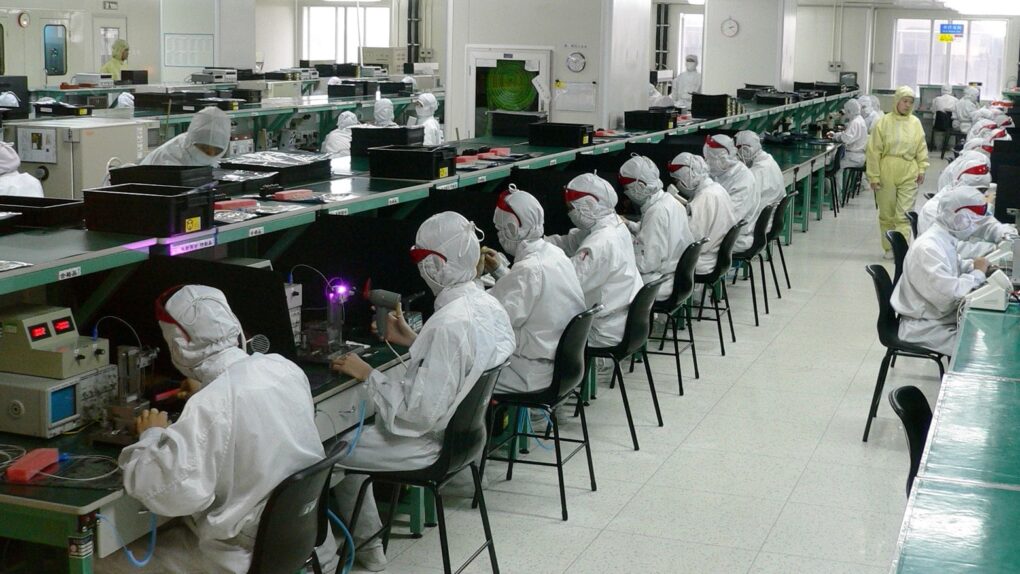Apple supplier Luxshare started discussing potential manufacturing relocations due to tariffs with customers, including a possible production shift to the United States, according to a new report. It cited comments made by company chairwoman Wang Laichun during an analyst call Wednesday. The Chinese manufacturer assembles iPhones and AirPods for the tech giant.
“If there is a commercial guarantee and we are able to conduct a good evaluation, we do not rule out having some products being localized to meet the needs of the US market,” Wang stated, adding that the company would carefully weigh “long-term development and safety considerations” before making such moves.
Chinese Apple supplier Luxshare ponders manufacturing relocations due to tariffs, including US
In her comments, Wang indicated the tariffs would have minimal impact on Luxshare profits as it exports relatively few finished products directly to the US market, according to Reuters. But it reports the analyst call offered insight into how global companies strategize to address President Donald Trump’s new tariff measures that took effect this week, spooking consumers and prompting the iPhone giant to boost stateside inventory in a hurry.
During the hour-long analyst call, Wang noted Luxshare must consider increasing foreign investments and potentially pausing some planned investments in China, even though any production relocation would require strong commercial guarantees from customers.
Though Wang did not specifically mention Apple during the call, Cupertino faces significant exposure to Trump’s tariffs. Like most Apple suppliers, Luxshare typically avoids public comments about its relationship with the iPhone maker.
Production outside of China and beyond Apple
Beyond its extensive Chinese manufacturing footprint, Luxshare maintains production facilities and research centers across Malaysia, Thailand, Vietnam, the United States and Mexico. The company’s product portfolio extends beyond Apple components to include electronic devices such as routers, wireless charging modules and video conferencing equipment.
Wang indicated Luxshare is evaluating increased investment in Southeast Asia, though she didn’t specify particular countries. She noted that Vietnam’s robust industrial infrastructure and talent pool would likely retain production unless tariffs exceeded those of other countries by at least 10%. Vietnam currently faces a substantial 46% tariff compared to Thailand’s 36% and Malaysia’s 24%.
While Luxshare isn’t actively planning expansion into India, Wang mentioned the company would consider it if customers made specific requests. She estimated that establishing and operationalizing a new production line in locations where the company already has factories would take 12 to 18 months.
Who bears the costs?
When questioned about who would bear the tariff costs, Wang suggested it would fall more to customers than manufacturers.
“To date, all hardware manufacturers do not foot the bill for tariffs or logistics warehousing … Nothing like this has ever happened and I think it will be the same in future.” However, she acknowledged concerns that customers might seek price reductions due to the tariffs, noting, “Customers have always collaborated with suppliers on how to enhance competitiveness.”


